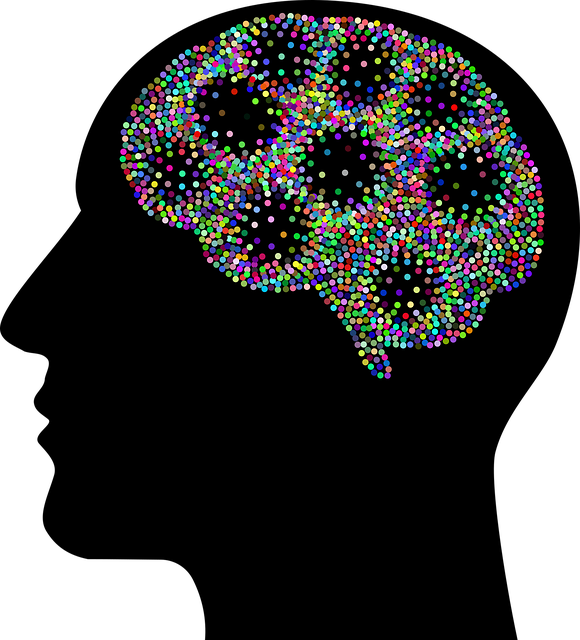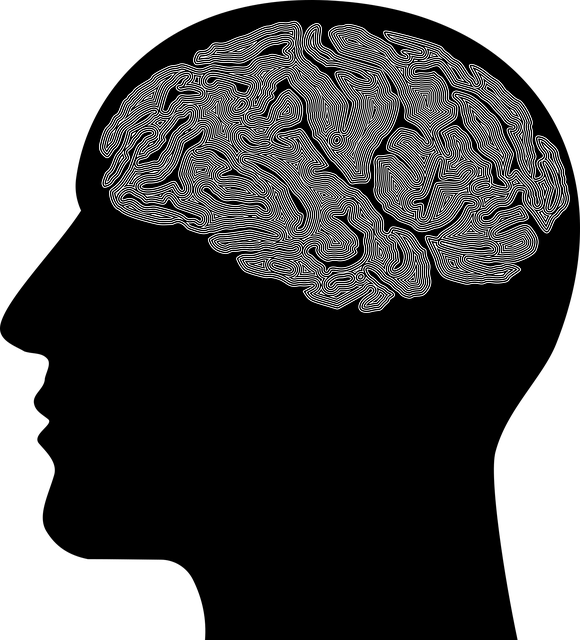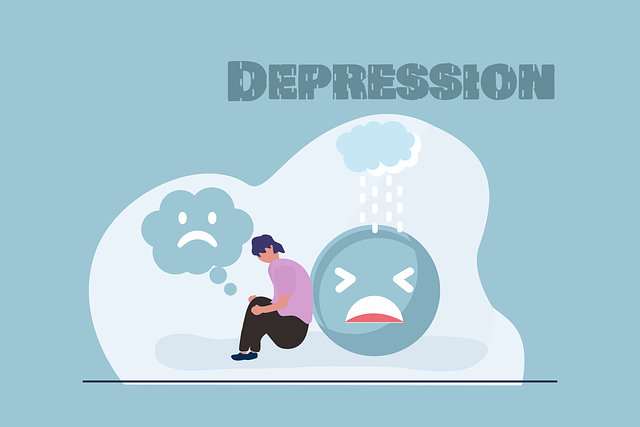Children's mental health is a growing concern, prompting the need for innovative solutions like mental wellness apps. These apps should incorporate therapy techniques such as hypnosis, crisis intervention training, and conflict resolution skills to empower kids with resilience and positive mindsets. Hypnosis, once mysterious, is now recognized as an effective therapy, guiding children into deep relaxation to access their subconscious mind and transform negative thought patterns. A robust digital marketing strategy using blog posts and social media educates users about mental health topics, while SEO keywords improve reach. Building trust through collaboration with parents, educators, and healthcare professionals enhances credibility and adoption rates. Measuring success involves tracking user symptom improvements and aligning the app with broader mental wellness goals through awareness campaigns and training.
“In today’s digital age, mental wellness apps are revolutionizing how we support children’s emotional well-being. This article offers a comprehensive marketing strategy development guide for creating an app tailored to young minds’ unique needs. We explore key aspects such as understanding your target audience, leveraging hypnosis—a powerful tool for kids—and crafting engaging content through blog posts and social media. Additionally, we emphasize building trust with parents, educators, and healthcare professionals to ensure a holistic approach to mental health support.”
- Understanding Your Target Audience: Children and Their Mental Health Needs
- Unlocking the Potential of Hypnosis for Young Minds
- Crafting Compelling Content: Educate and Engage Through Blog Posts and Social Media
- Building Trust: Collaborating with Parents, Educators, and Healthcare Professionals
- Measuring Success: Evaluating the Impact and Growth of Your Mental Wellness App
Understanding Your Target Audience: Children and Their Mental Health Needs

Children’s mental health is a critical aspect that often requires specialized care and understanding. In today’s fast-paced world, many young minds face challenges such as stress, anxiety, and even trauma, which can significantly impact their overall well-being. As such, there is a growing need for innovative solutions to support children’s mental wellness.
When developing marketing strategies for mental wellness apps targeting children, it’s essential to recognize the unique needs of this demographic. Many children struggle with expressing their emotions or may not even understand what they’re feeling. Therapy for Children, including hypnosis techniques, can be a powerful tool for teaching them healthy coping mechanisms. By offering guidance on crisis intervention and conflict resolution techniques, these apps can empower kids to manage their mental health proactively. Additionally, incorporating Mind Over Matter principles can help children develop resilience and a positive mindset, ensuring they have the tools to navigate life’s challenges effectively.
Unlocking the Potential of Hypnosis for Young Minds

Hypnosis, once a mysterious art, is now recognized as a powerful tool for mental wellness, especially in young minds. It offers a unique and effective approach to therapy for children, helping them develop essential coping skills and navigate through stressful situations. By guiding children into a state of deep relaxation, hypnosis allows direct access to their subconscious mind, where positive affirmations and therapeutic interventions can have a profound impact. This ancient technique is not just about entertainment; it’s a structured process that can aid in stress management and trauma support services for kids.
The potential of hypnosis lies in its ability to rewire negative thought patterns and replace them with positive ones. For young individuals struggling with anxiety, depression, or traumatic experiences, this method provides an alternative route to healing. Through tailored hypnotic sessions, children can learn to manage their emotions, gain a sense of control, and develop effective coping strategies. It empowers them to face challenges head-on, fostering resilience and a healthier mindset. Whether it’s improving concentration in school or helping with social interactions, hypnosis offers a natural and safe way to enhance mental wellness in children.
Crafting Compelling Content: Educate and Engage Through Blog Posts and Social Media

In today’s digital era, crafting compelling content is essential for a mental wellness app marketing strategy. Through blog posts and social media, apps can educate users about various aspects of mental health, from therapy for children to hypnosis techniques designed to enhance self-esteem. By offering insightful articles and engaging visuals, these platforms attract and retain users, fostering a sense of community and trust. For instance, posts that delve into resilience building or risk assessment for mental health professionals can significantly boost the app’s credibility and user loyalty.
Integrating relevant SEO keywords like “therapy for children” and “self-esteem improvement” not only enhances search engine rankings but also ensures your content reaches the right audience. Social media, with its hustle and bustle nature, allows for interactive sessions where users can ask questions, share experiences, and receive instant support. This two-way communication revolutionizes mental health discussions, turning them from intimidating topics into accessible, everyday conversations. By consistently delivering valuable content, the app establishes itself as a reliable companion on the journey to improved mental wellness.
Building Trust: Collaborating with Parents, Educators, and Healthcare Professionals

Building trust is a cornerstone when marketing mental wellness apps tailored for children. Collaborating with parents, educators, and healthcare professionals can significantly enhance credibility and adoption rates. By partnering with these key stakeholders, app developers can integrate valuable insights and feedback into their platforms, ensuring they meet the unique needs of both children and their support systems.
Focusing on therapy for children through hypnosis or other evidence-based practices, these collaborations facilitate emotional well-being promotion techniques that are safe, effective, and readily accepted within educational and healthcare settings. This collaborative approach not only bolsters the development of mental wellness coaching programs but also facilitates emotional healing processes accessible to a broader audience, fostering healthier, happier young minds.
Measuring Success: Evaluating the Impact and Growth of Your Mental Wellness App

Measuring the success of a mental wellness app goes beyond simple downloads and user engagement. It’s about understanding the tangible impact on users’ lives. By integrating tools like surveys, feedback mechanisms, and analytics, developers can gauge improvements in symptoms related to anxiety, depression, or stress. This data-driven approach allows for continuous improvement, ensuring the app remains effective and relevant.
For instance, tracking user progress through therapy modules, including specific techniques like hypnosis for children, provides valuable insights into what works best. Moreover, public awareness campaigns and healthcare provider cultural competency training can enhance the app’s reach and effectiveness. By aligning with broader mental wellness goals, the app can contribute to a more inclusive and supportive ecosystem.
Developing a comprehensive marketing strategy for a mental wellness app focused on children’s hypnotherapy is key to reaching and supporting young minds. By understanding your audience, leveraging educational content, building trust through partnerships, and measuring impact effectively, you can create a powerful tool to address the growing need for therapy for children. Incorporating SEO keywords like “therapy for children hypnosis” into your strategy ensures that parents and educators actively seek out these essential resources.










